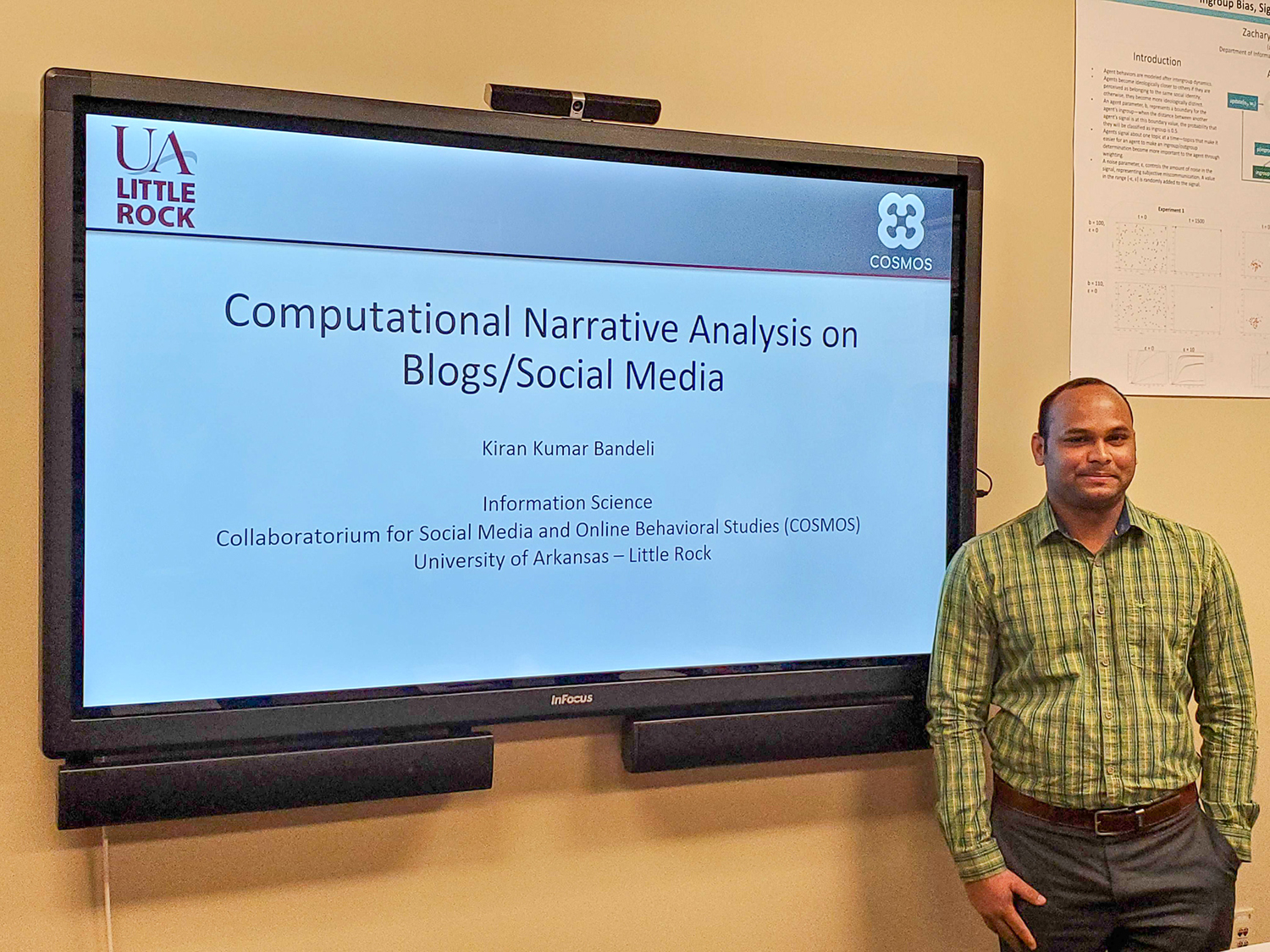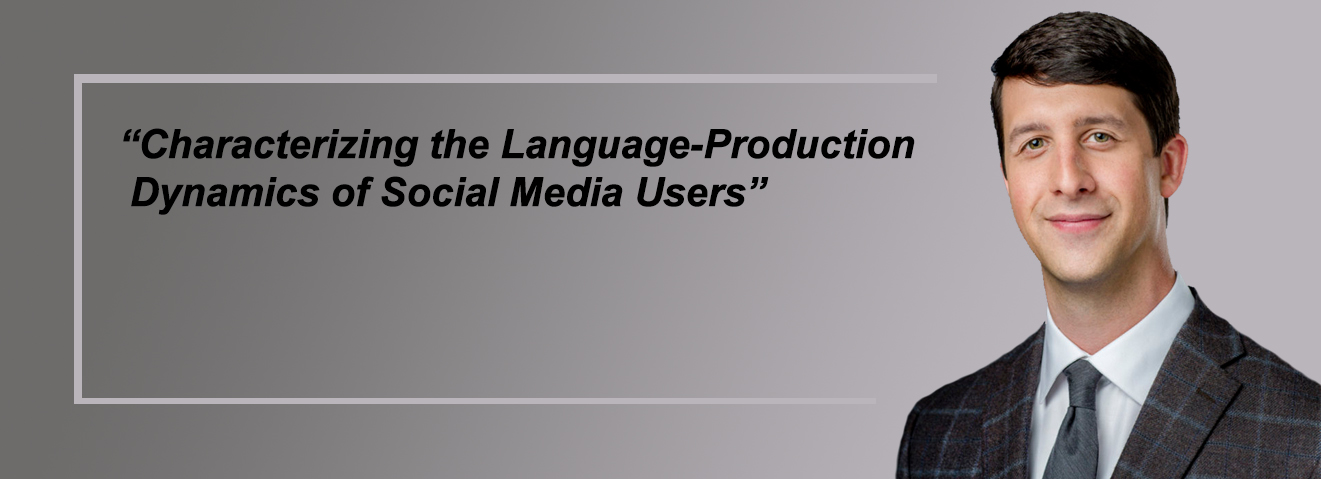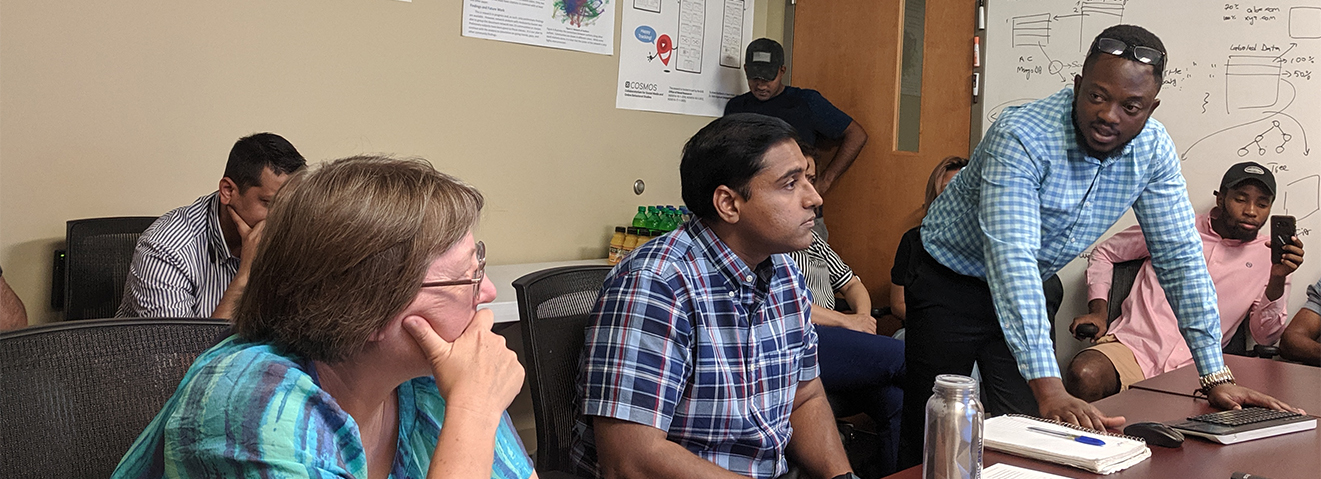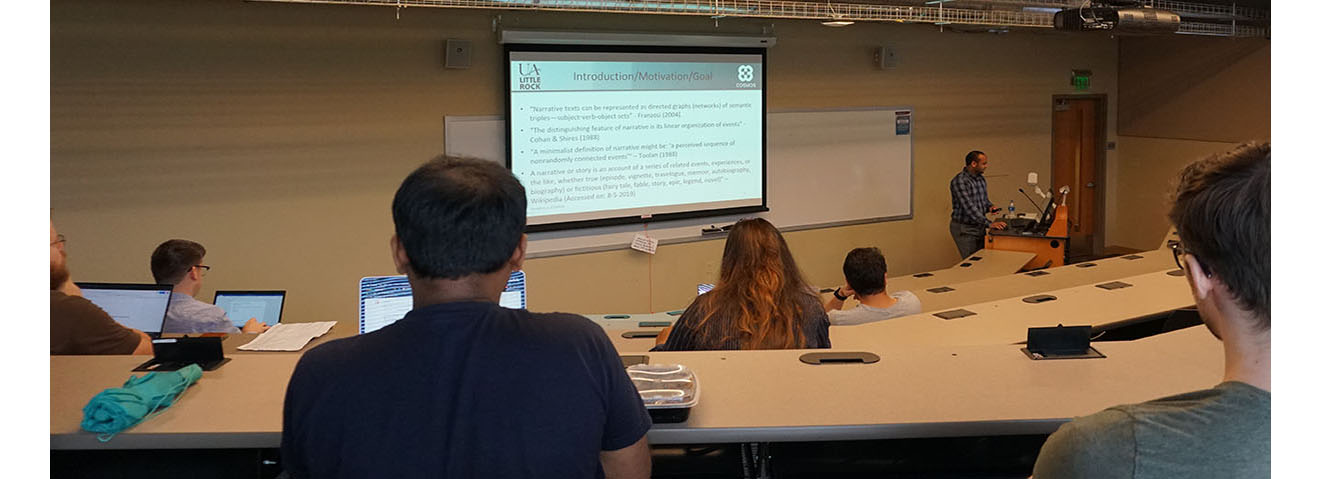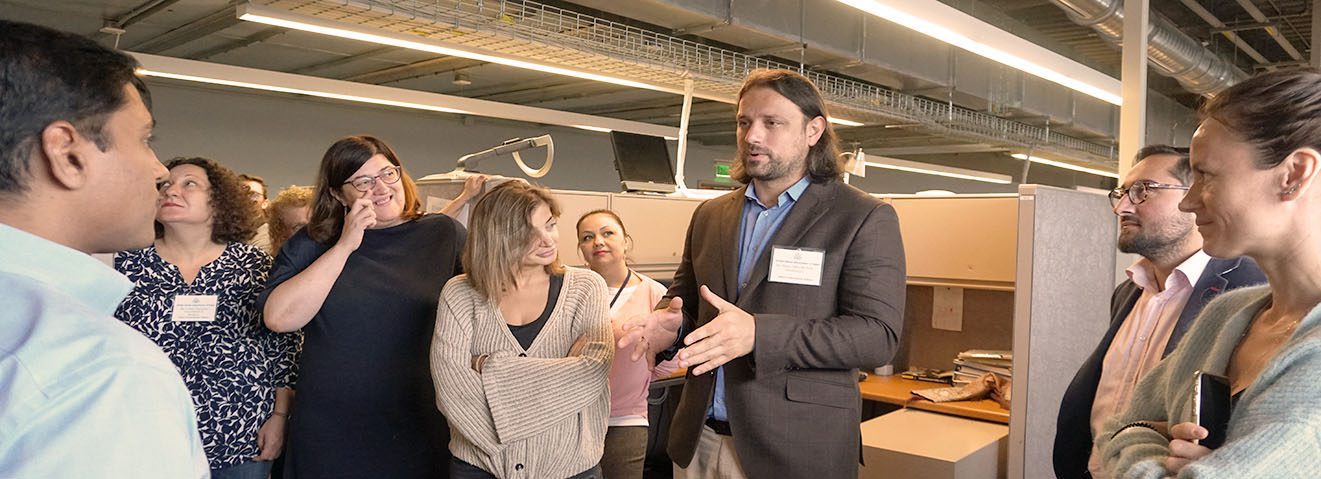Oluwaseun Johnson Successfully Defends his Master’s Project
Oluwaseun Johnson successfully defended his master’s project on Thursday, April 8, 2021. We wish him all the best for his future career at Intuit, Inc. in Mountain View, CA, as a Software Engineer.Read More →

